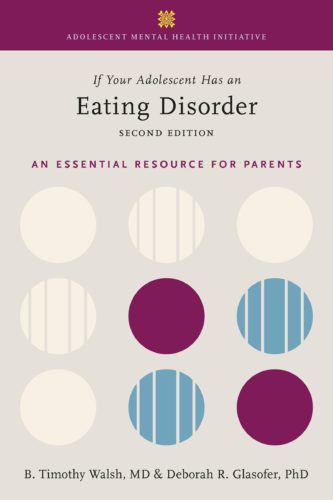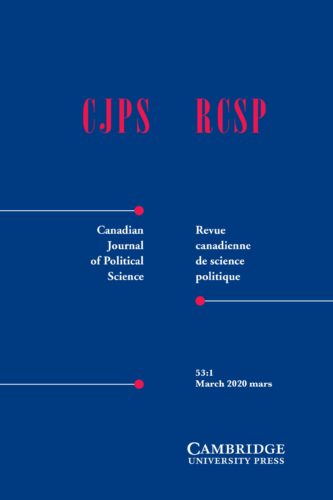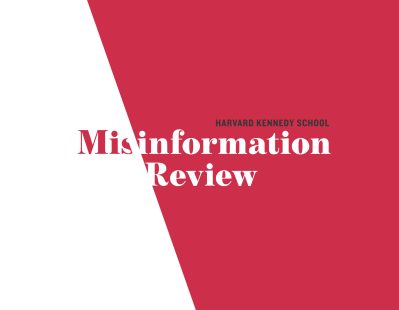Users of conservative or social media in the early days of the COVID-19 outbreak were more likely to be misinformed about how to prevent the virus and believe conspiracy theories about it.
Health


Viewership Soars for Misleading Tobacco Videos on YouTube
Misleading videos about tobacco use are widespread on YouTube, where views of popular pro-tobacco videos have soared in recent years, a study from the Annenberg Public Policy Center finds.

No Clear Evidence of Increase in Adolescent Suicide After ‘13 Reasons Why’
Contrary to a 2019 study, a data reanalysis found no evidence of an increase in adolescent suicide rates after the release of Netflix's "13 Reasons Why."

Holiday-Suicide Myth Finally Debunked in Most News Stories
Two-thirds of the news stories analyzed last year debunked the holiday-suicide myth, the false claim that suicides increase over the holidays, according to new research from the Annenberg Public Policy Center.

Justified and Unjustified Movie Violence Evoke Different Brain Responses
In a new study, researchers at the University of Pennsylvania find that scenes of unjustified and justified violence in movies activate different parts of the adolescent brain. When movie characters engage in violence that is seen as justified, there is a synchronized response among viewers in a part of the brain involved in moral evaluation, suggesting that viewers see it as acceptable for protection.




